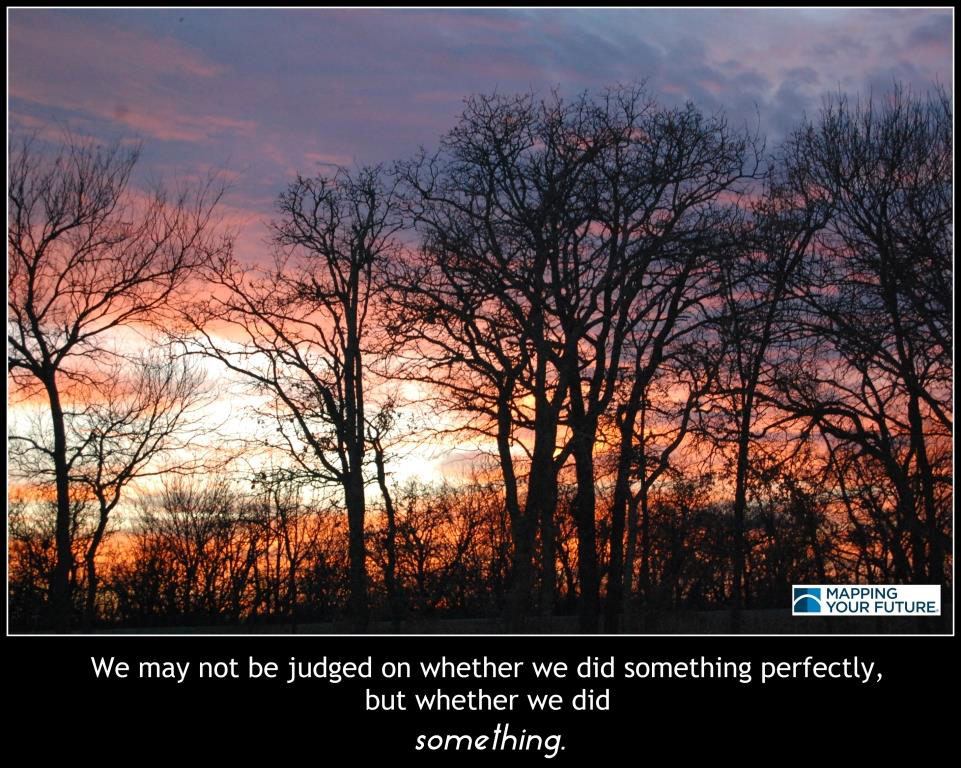Newsroom

Three tips for dealing with your procrastination problem today – not tomorrow
January 11, 2017
When I was a young news reporter, I spoke at a college career event about the field of journalism. One of the students in the audience said he wanted to be a journalist but had difficulty getting started.
"I just can't start writing – I stare at the blank page or think of a million other things I could do rather than working on the story," he said.

Having trouble viewing the image? Click for a larger image
I nodded sagely as much as my two years in the industry could muster and said, "Procrastination. It's a common problem." Unfortunately, I couldn't offer much advice on how to overcome procrastination since it was something I was dealing with myself.
Now that I have a few more years of work on the resume, I can say procrastination is still a problem I battle every day. I think a lot of professionals and students face the same issue. You want to get the work done but it's easy to delay. And, with more and more distractions in our lives, battling procrastination is a growing challenge.
Here are some techniques that have worked for me:
- Set a deadline. A deadline is both a blessing and curse. Deadlines can be pretty stressful, but, for me and for a lot of other people, the work would never get done if there wasn't a deadline. If you don't have a deadline, set one for yourself and stick to it.
- Do one thing. It's a variation of the Ernest Hemingway quote: "All you have to do is write one true sentence." The idea is that just write one sentence to get started or do one thing on the project to get started. What you may find is one you get started, you keep working.
- Set aside a block of time. One of our family goals is to get rid of the clutter in our house, which requires going through papers and organizing books. We decided to set aside 15 minutes each evening to work on clutter. The idea behind this tip is that it keeps us from feeling overwhelmed or discouraged that all our free time will be spent cleaning. Similar to doing one thing on a project, what we find is that we often work more than 15 minutes.
I've often thought about the student who asked me the question and wondered if I hurt or helped him with my response. As we start our careers, the question we ask ourselves is: "Do I have what it takes to be successful?" I think by him recognizing that procrastination was an issue was the first step in dealing with it. Although I didn't have any magic advice, maybe it helped him to know he was not alone.
